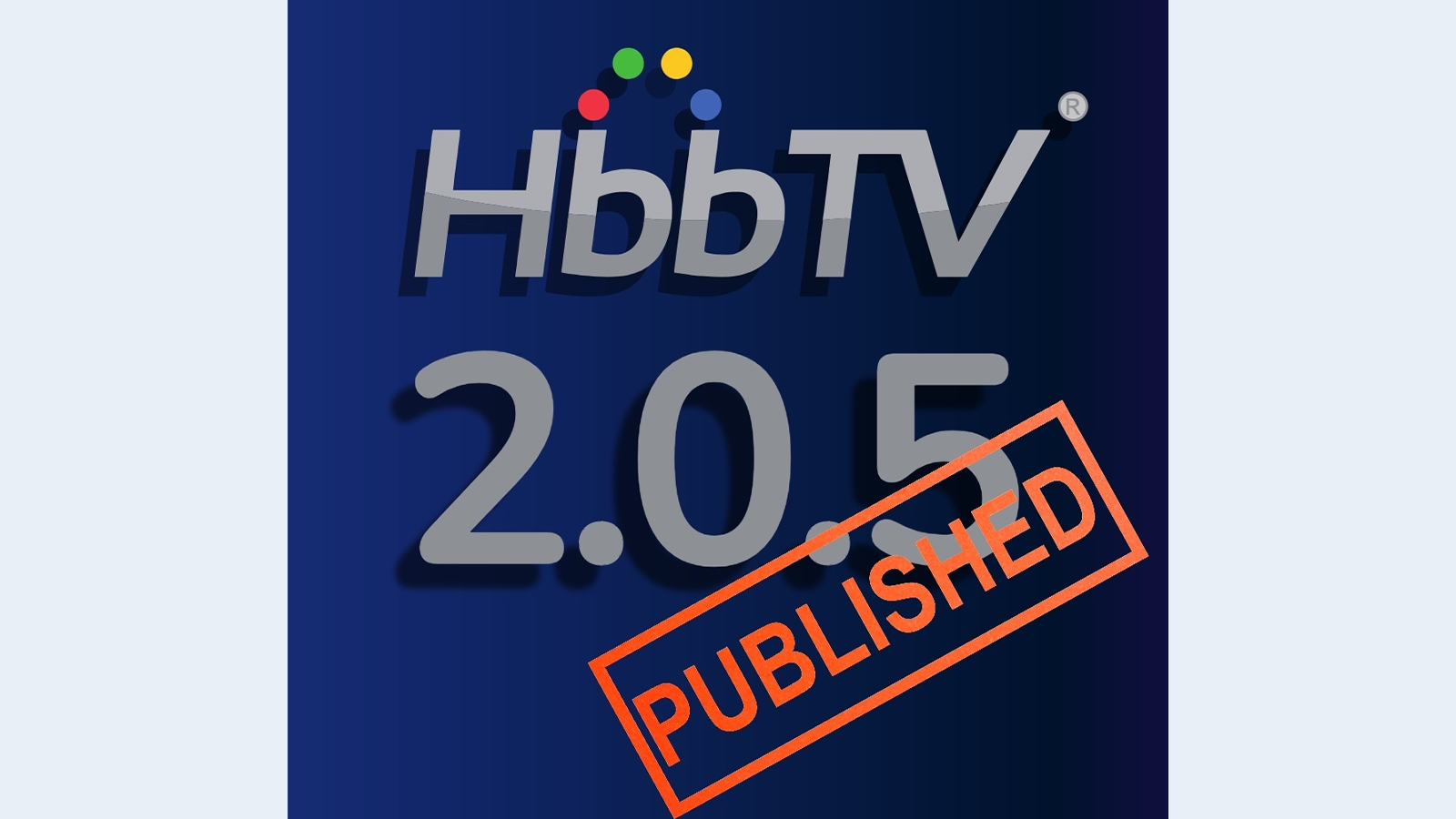FCC to tackle media ownership rules
The professional video industry's #1 source for news, trends and product and tech information. Sign up below.
You are now subscribed
Your newsletter sign-up was successful
Since he joined the FCC during the Clinton administration, Republican Michael Powell has championed a change in rules that would allow a greater corporate consolidation of media ownership. Now FCC Chairman Powell has come up to bat, ready to remove barriers to the unrestricted trading of newspapers, radio and television stations. The FCC recently voted 4-0 to begin a review of a half-dozen rules that govern media ownership. Powell called the examination “the most comprehensive undertaking in the area of media ownership in the commission's history.”
The FCC chairman contended the FCC had failed to keep up with changes in technology and the media marketplace. A loosening of the rules “is long overdue,” Powell said.
The FCC’s move opens a lengthy process that will include the seeking of industry and public comments before rewriting the rules. FCC officials said the study and any potential changes to the rules should be completed by next spring.
Commissioner Michael Copps, calling the stakes very high, said he knows of no other issue before the FCC “that is more fraught with consequences” for the American public. “At stake is how radio and television are going to look in the next generation and beyond,” he said.
A federal appeals court rejected two ownership rules this year and sent them back to the government for review. They involve restrictions on the national reach of companies that own multiple television stations and companies that want to own two television stations in the same market.
Two other rules to be examined concern the number of television and radio stations a company can own in a single market, and a ban on mergers between the four major television networks.
At stake is whether newspapers can own multiple radio and television media outlets in the same city. Tribune Co. is among those seeking elimination of ownership restrictions since its acquisition of the Times Mirror Company gave it newspapers in cities where it already operates television stations — New York, Los Angeles and Hartford, Conn. Under current rules, the FCC could require the company to sell conflicting businesses when its broadcast licenses come up for renewal in about four years.
The professional video industry's #1 source for news, trends and product and tech information. Sign up below.
“These rules are antiquated and need to be changed,” said Gary Weitman, spokesman for Tribune, a company that owns 12 daily newspapers and 24 TV stations. In an interview with the Associated Press, Weitman said the growth of cable television and the Internet provides a diversity of media sources that wasn't available when many of the rules were crafted.
Congress may disagree. Depending on the outcome of the upcoming Congressional elections, lawmakers may have a major say in whether the ownership rules are changed. Democratic Commerce Committee Chairman Sen. Ernest Hollings of South Carolina opposes easing restrictions on media ownership, arguing that there is already too much concentration in the market for TV, radio and other services.
For more information visit http://thomas.loc.gov or www.fcc.gov.
